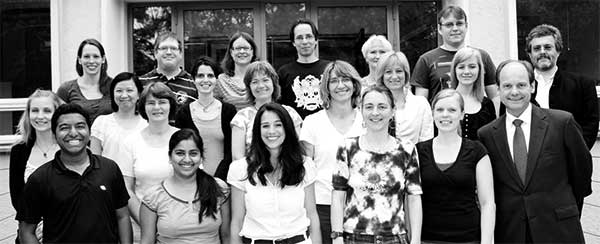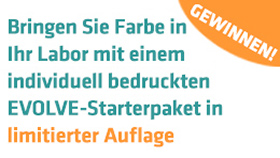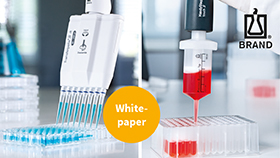From Mutterland to Mutterland via Vaterland
Career strategies for young European scientists
Vasudharani Devanathan, Labtimes 03/2016
Page 1 | Page 2 | Page 3
The perfect town
After arriving at Tübingen, I quickly figured out that the move was not as unfortunate as I had thought. A city like Tübingen, with its romantic old architecture, the University spread throughout the town, hilly, picturesque landscape, really is how you would imagine your perfect scientific home town should be. Tübingen also hosts the only graveyard, where I could never feel sad, as in this place, many Nobel laureates and other scientific achievers had found their last resting place.
One big headache in any foreign country is the residence permit. And Germany is famous for its orderliness. But if you have the right documents, Germans are very helpful and quick. To put an end to the lengthy visa extension procedure, I applied for a Niederlassungserlaubnis, which was approved in the record time of about one hour. After submitting all the documents at the Bürgeramt, I came back to my lab and was surprised to receive a call, stating my application had already been accepted!
During our time in Germany, we also took the opportunity to travel to almost all European countries, exploring the Alps and the Black Forest. But the time came to move back to India, with a dream to do good science there as well. Looking back, it was the most precious time of my professional life – I built scientific collaborations and gained numerous friends from all over the world. When I think of Germany, I will always fondly remember the gentleness, professionalism, perfection and straightforwardness. Whoever says, Germans are not easy to make friends with, I will only say –it takes time, but they are friends forever!! Finally, 1st June 2012, it was Auf Wiedersehen, Deutschland!
Back in India, we moved from city to city due to my husband’s job. I was on maternity leave, taking care of our son. After a three-year break, I started teaching at M.S. University in Baroda and also applied for research funding from the Department of Science and Technology India (DST), which was eventually granted. Since it was only a temporary position, I was on the look-out for something more appropriate for me. India has several institutes of scientific excellence and universities of academic excellence. But there are very few institutes that offer a research environment, at which the scientist can both perform research and participate in teaching, as is common in the German university system. I think this is an optimal model, as even an undergraduate student has the chance to be taught by an outstanding scientist, who excels in a specialised area.
Page 1 | Page 2 | Page 3
Last Changed: 21.06.2016







